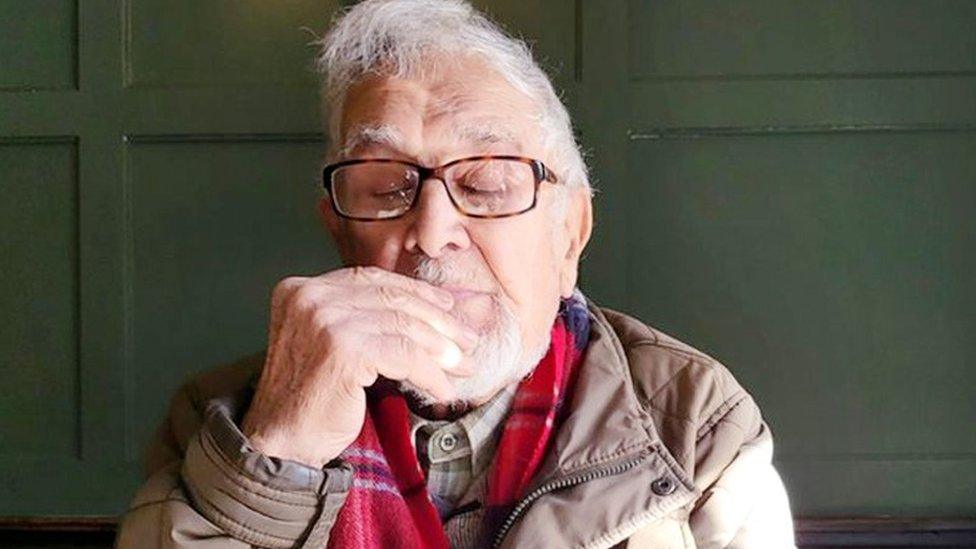Delays in South West ambulance hand overs 'risk patient lives'
- Published
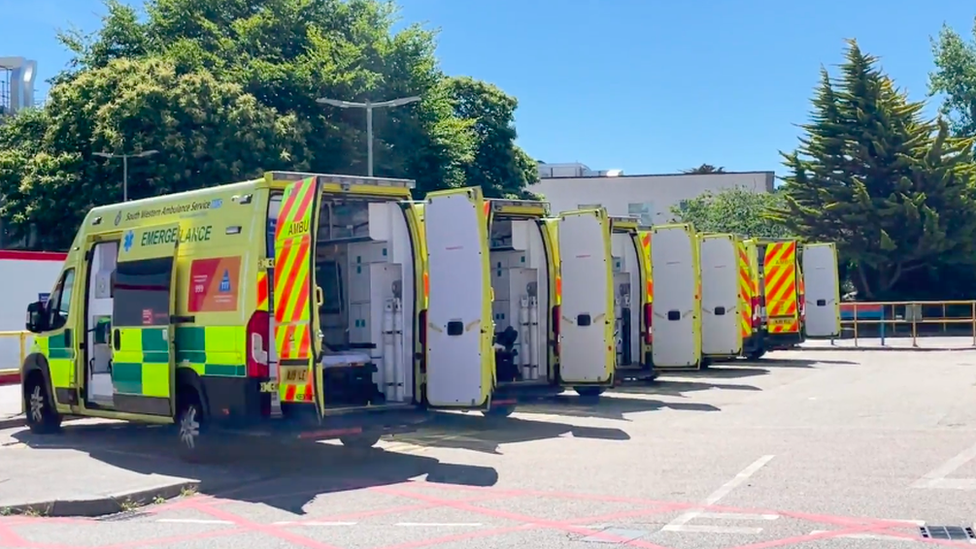
The NHS has allocated £150 million of additional funding to address pressures on ambulance services
An ambulance trust has warned lives are at risk because of long delays in patient handovers.
The director of South West Ambulance Service NHS Foundation Trust (SWASFT) said bed-blocking was the reason for delays in transferring patients from an ambulance to hospital.
A spokesperson said it was "soul-destroying" for their paramedics.
A Department of Health and Social Care official said an additional £150m had been allocated to relieve the pressure.
"We recognise the pressure NHS staff are under, especially those on the front line... with the number of ambulance and support staff increasing by almost 40% since February, 2010," they added.
"We have supported NHS bodies and local authorities with updated hospital-discharge guidance to ensure smooth discharges."
Haunted by husband's death
Jeanette Carpenter said she remains haunted by the memory of her husband Richard's death after waiting more than five hours for an ambulance to arrive at their home in Wiltshire.
"He put his arm around me and said, 'Where are they, I'm going to die'," she said.
"I said 'They're coming'."
But Mr Carpenter, 71, later died from an internal bleed after having heart surgery.
The BBC understands his death is one of several which make up part of a patient safety review by SWASFT.
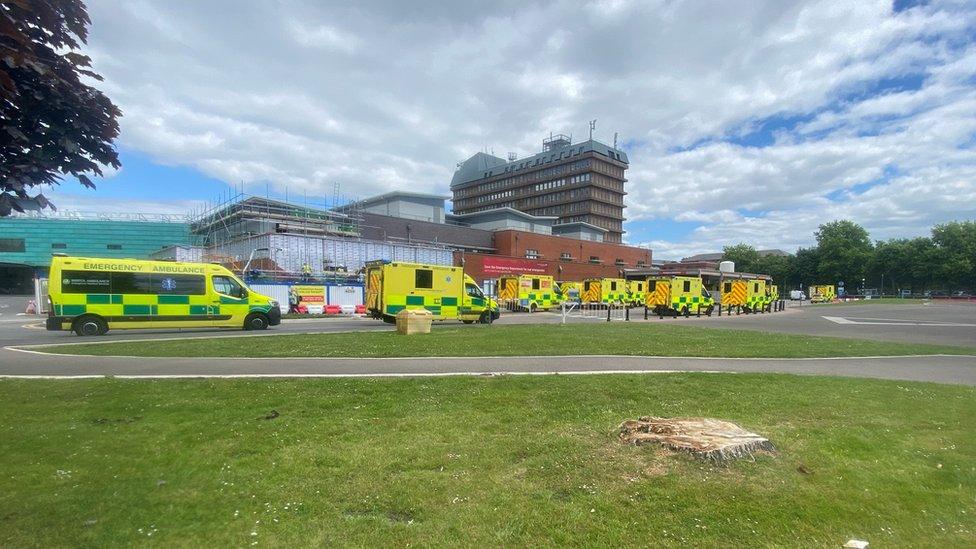
Ambulances waiting to unload patients at Gloucestershire Royal Hospital on 13 June, 2022
The BBC has obtained a copy of the review which shows that over a six-month period from December 2021 there were a total of 41 incidents of "serious harm" to patients.
The report said crews were often left waiting outside emergency departments and "experienced staff report feeling ready to leave critical roles, which, if left to continue, will render the crisis in healthcare still more of a challenge to overcome."
'Handover a real problem'
But Adrian South, the deputy director of clinical care at SWASFT, insisted the service was well-staffed and has more ambulances on the road than ever before.
"We're doing everything we can," he said.
"The challenge is that we're not able to hand our patients over, but that's a real problem with the system."
There are seven major hospitals covered by the Trust, and the Royal Cornwall in Truro is "the most challenged" in regard to patient handover delays, Mr South told BBC Radio Cornwall.
Paramedics are now required to carry out "basic nursing care" because patients are in their vehicles for so long.
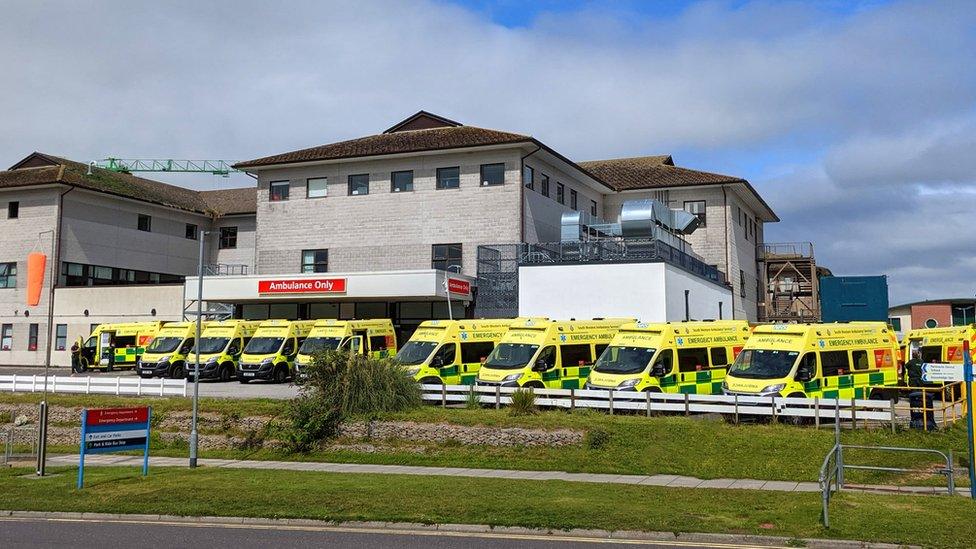
Queues of ambulances have become a regular sight outside the Emergency Department at the Royal Cornwall Hospital
He said: "We have to make sure that our patients who are waiting much longer with us are fed, receive fluids - and toileting and personal care needs are taken care of.
"So things that ambulance paramedics even two years ago would have never dreamt they would be delivering for such long periods of time."
He added: "We need far more investment into the region, and Cornwall in particular and that is something we welcome as part of the NHS's new winter plan, where ambulance handover times are an absolute priority."
New admissions lounge
The Royal United Hospitals Bath NHS Foundation Trust said it was trying to alleviate the problem.
A spokesman said: "We're also working with local organisations to open a community ward to free up about 30 hospital beds."
Dr Jon Westbrook, medical director at Great Western Hospitals NHS Foundation Trust in Swindon, said they have introduced several measures to ensure patients can be transferred from ambulances "as soon as possible".
"This includes extra beds in the hospital, with a new 15-bed area that is staffed with medical, nursing, therapy, and allied health professionals available 24 hours a day, seven days a week.
"This is alongside a new eight-bed admissions lounge for patients waiting for a bed to become available."

Follow BBC West on Facebook, external, Twitter, external and Instagram, external. Send your story ideas to: bristol@bbc.co.uk , external
- Published15 July 2022
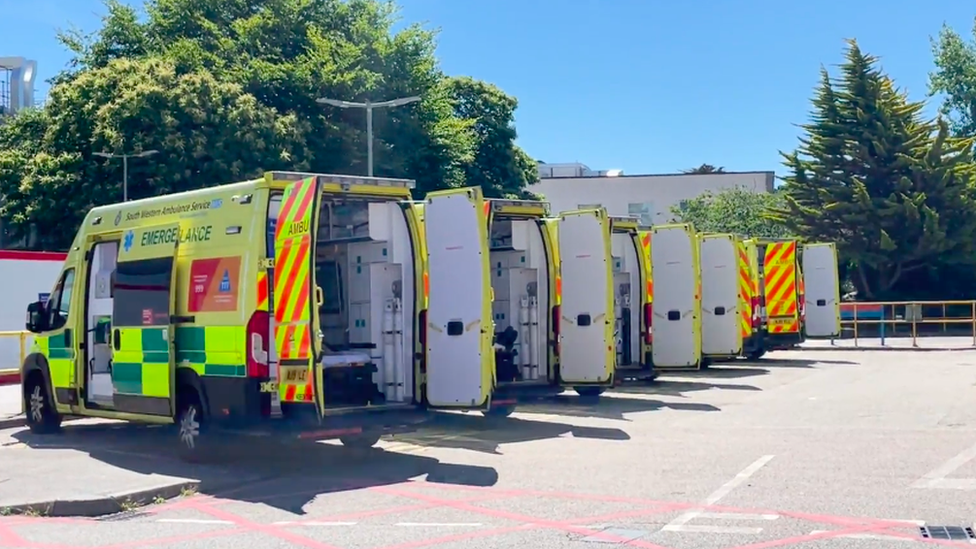
- Published6 May 2022
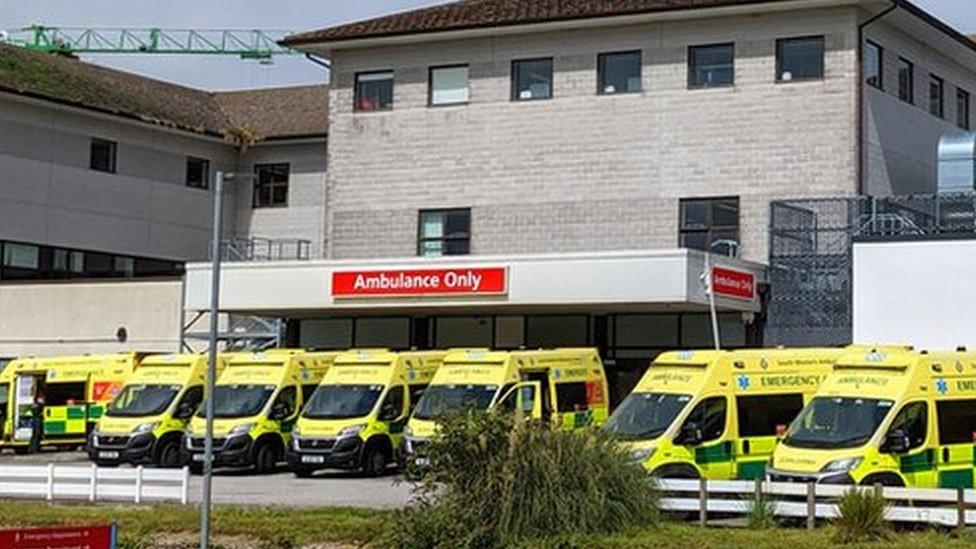
- Published14 July 2022
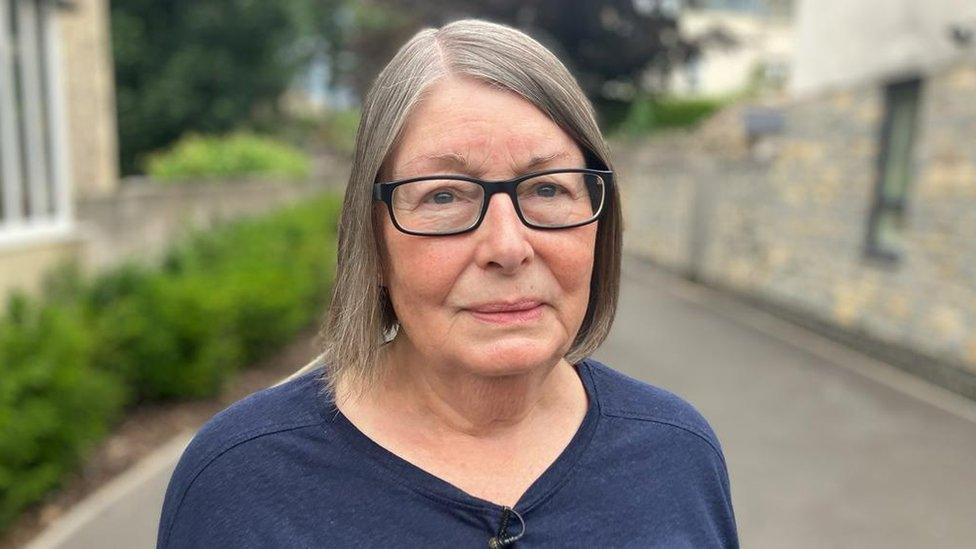
- Published12 July 2022
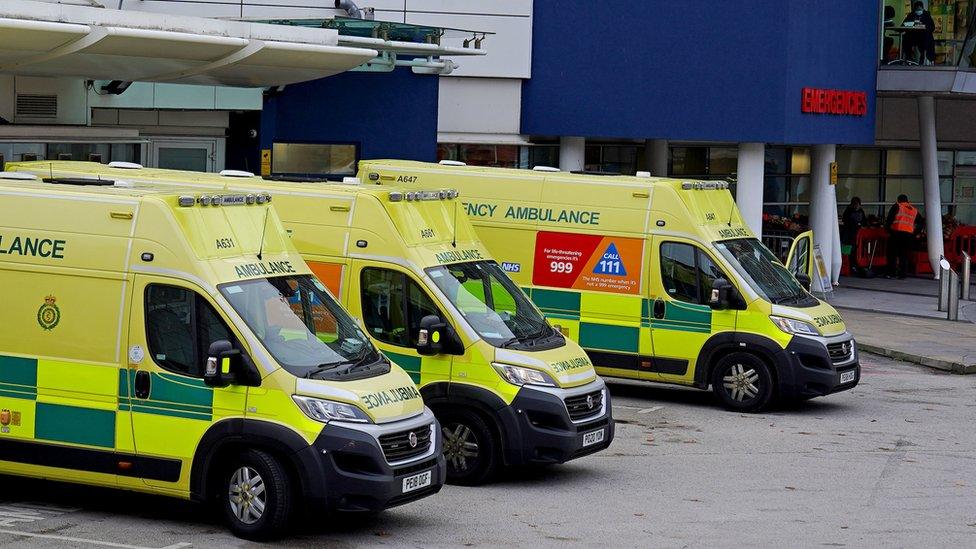
- Published16 June 2022
